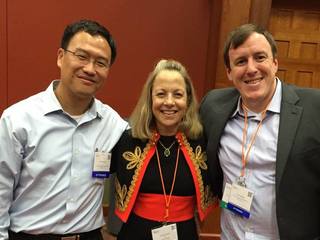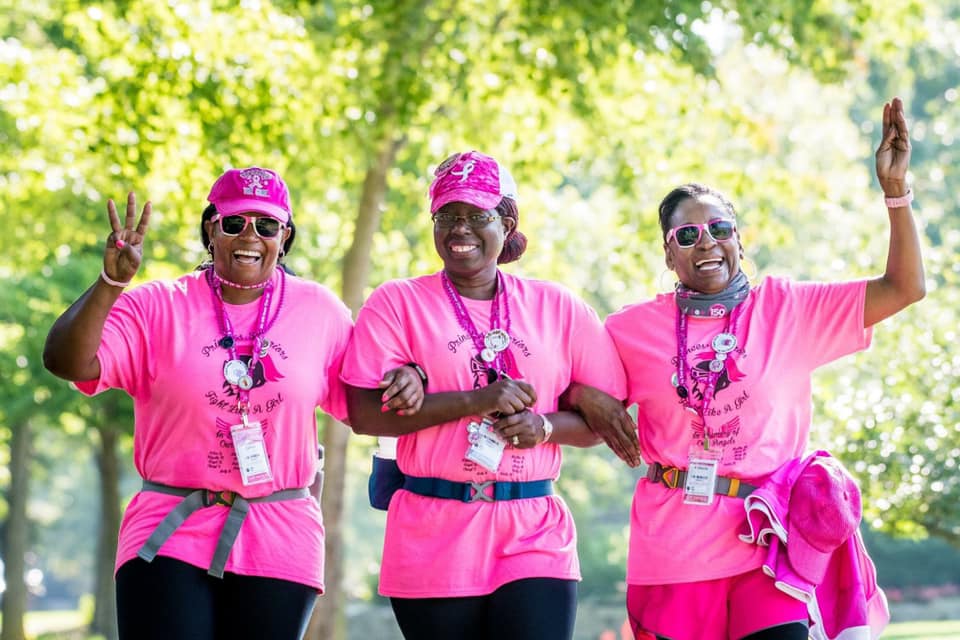
African American women in the U.S. are often diagnosed younger and with more aggressive breast cancer than their white counterparts. They are also often diagnosed at later stages when treatments are limited, costly and the prognosis is poor. And they die from breast cancer nearly 40% more than Caucasian women. These facts are staggering, and Susan G. Komen is working daily to reduce disparities to achieve breast health equity.
We are not doing this work alone. We are supported by 3-Dayers like those on Team Princess Warriors from Dallas/ Fort Worth. Sylvia, Yolanda and Felecia have collectively walked in the 3-Day for more than twenty years combined, participating in 3-Days across the country. They are best known in Dallas/Fort Worth and will also be joining us in Chicago this year, but their dedication extends far beyond the bounds of the 3-Day weekend.
They are breast cancer health advocates all year long. They take any opportunity they can to “educate women, especially women of color, and make them aware of how this disease affects African American women.” We are honored to have them in our 3-Day family and are so proud to share their story. Read on for more of their expertise and inspirational stories.
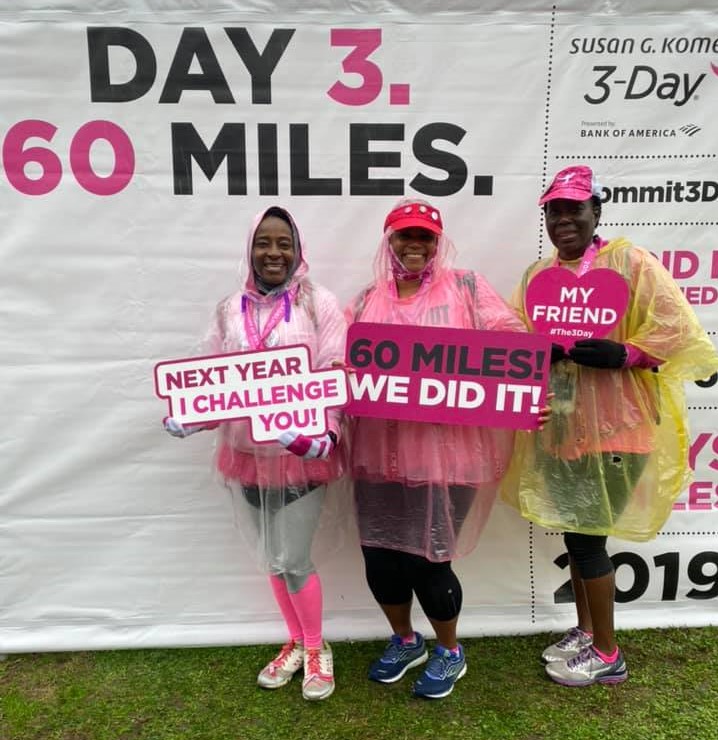
What keeps you coming back to the 3-Day again and again?
Sylvia’s mom was diagnosed with metastatic breast cancer at 46 years old. Unfortunately, she passed away from the horrible disease at only 48 years old. Her paternal great grandmother, paternal grandmother, and three of her dad’s sisters have all been diagnosed with breast cancer as well. That’s not to mention that three of her husband’s aunts, two of his cousins and their sister-in-law are also breast cancer survivors.
Yolanda and Felecia both have friends who have been diagnosed and are currently fighting this disease as well as loved ones who have succumbed to breast cancer.

What are some of your top 3-Day memories from past years?
Our favorite memory was standing in line to take pictures after Day 1 during our second year. We were standing behind John and Lisa Shiner. I immediately recognized him because he was one of the inspirational speakers at camp during Sylvia’s first year walking. His wife and my mom who passed from breast cancer were both named Martha. We laughed and cried and hugged and cried some more. His wife Lisa is such a sweetheart.
After talking with them, they invited us to walk with them the next year in Twin Cities, so we did! We walked together all three days and they invited us over to their beautiful home for dinner. This was just the beginning of our friendship, and we have made so many more like it over the years.
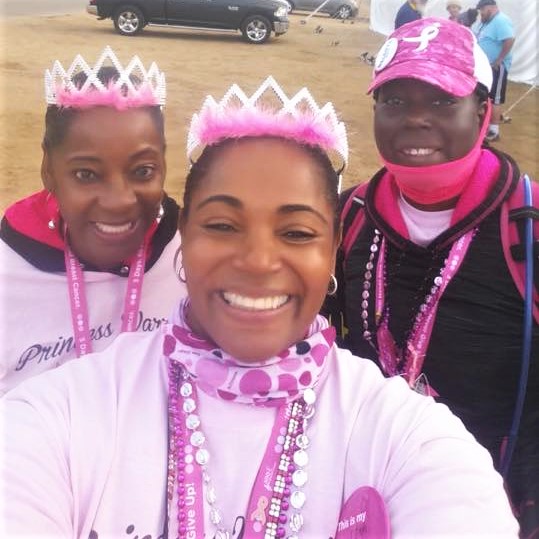
What are your top training tips for first-time walkers?
- Make sure you invest in good socks and shoes.
- Make sure you wear all clothing before the event to see how everything works for you.
- Remember, this is a walk not a race.
- Take time to enjoy the scenery and the wonderful people around you each day on the 3-Day. Listen to their stories, learn more about them, and enjoy each and every minute with your new group of forever friends.
- Train, train, and TRAIN before the 3-Day.
- Hydrate and take advantage of the pit stops and lunch.
As a tight team unit, what is your advice to help pass the time on training walks?
We talk about times in the Army. It’s bittersweet reminiscing about friends who have gone on before us and we always talk about the effort to get rid of this disease that impacts so many across all walks of life.
We all love music in general. If we had to pick a favorite song, it would be “Roar” by Katy Perry. The lyrics are suited for any fight you may be going through. Those diagnosed and fighting breast cancer, along with their family and friends, truly get knocked down sometimes, but dust themselves off and keep fighting. It shows the strength and willpower of those going through this journey and those left carrying the torch for family and friends we’ve lost to this disease.
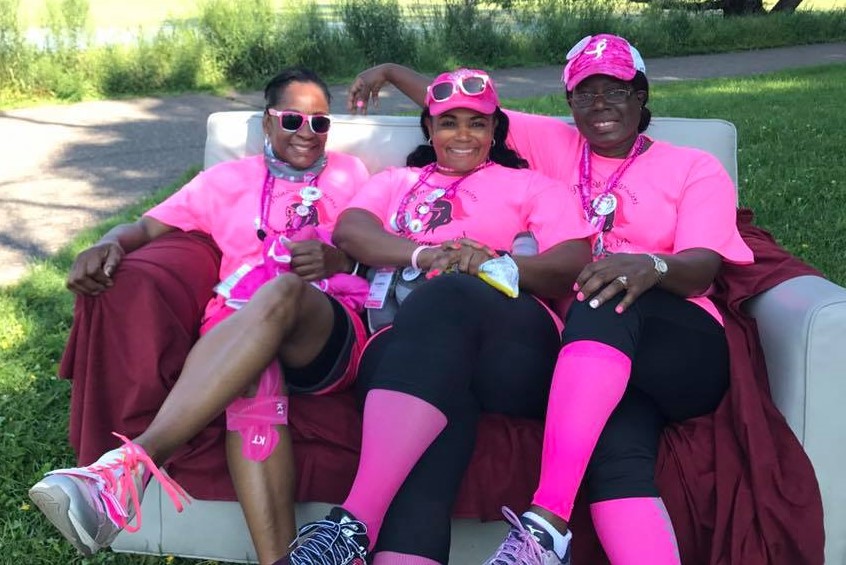
What does the word “commitment” mean to you?
Commitment is something that we have lived our entire adult lives honoring. We all made commitments collectively, over a combined 78 years, supporting and defending the Constitution of the United States by serving actively in the US Army. It’s definitely something we do not take lightly.
We have also made a commitment because of our drive and compassion for those who have been affected and are battling breast cancer. As a team, we dedicate our time and resources to a part of something so much greater than ourselves. Although we try to touch many with our cause, even if we only touch a few, it’s worth it.
Especially given how breast cancer impacts the African American community, why is the 3-Day so important?
Understanding that African American women die from breast cancer nearly 40% more than Caucasian women is alarming. Early detection is key. The 3-Day is SO important to us because it gives us another opportunity to educate women, especially women of color, and make them aware of how this disease affects African American women. Speaking from experience, it’s both unfortunate and also a kind of blessing that you’re made aware of this disease when someone you love has been diagnosed. But often it’s too late to fight it.
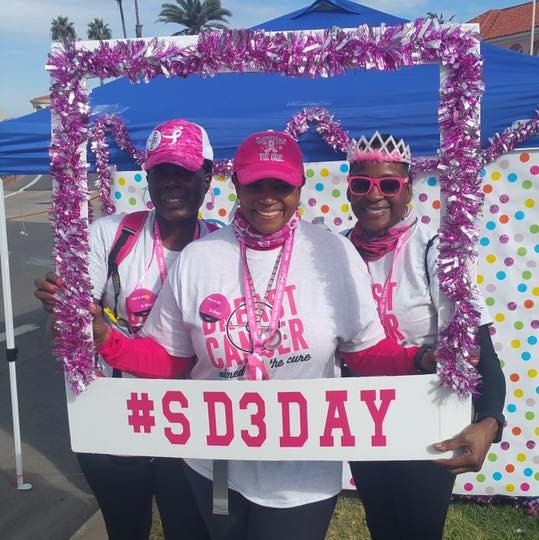
We try to do our part and continue to make others aware that breast care is truly important to their health. We are often stopped during the walks and asked, “Why so much pink?” We love it. It gives us another chance to provide information to someone who may be uninformed.
How do you live the 3-Day spirit and spread the word all year long?
We are truly walking billboards for breast cancer awareness. We are not only sporting our pink gear during Breast Cancer Awareness Month, but all throughout the year. We always reach out to those we encounter, making them aware of our 60-mile journey to save lives. Sylvia hosts events at her home throughout the year and works with the local school to ensure information is provided to the staff during Breast Cancer Awareness Month. Walking 60 miles is an accomplishment; we try to use every opportunity to not only fundraise but educate those we meet daily.

What are you most excited about for 2020?
We are always excited about the opportunity to walk 60 miles in 3 days together. It gives our team another chance to spread breast cancer awareness and spend quality time together. We are excited about being in the city of Chicago this year as well! This is always a great opportunity to meet new people, be a part of their trials and triumphs, and provide words of encouragement to those who have gone through this ordeal or for loved ones currently going through it.
Join Team Princess Warriors at the Dallas/Fort Worth 3-Day by registering to join us in 2020 NOW! You can also find more information on how breast cancer affects the African American community, and what Susan G. Komen is doing to help, on our website.
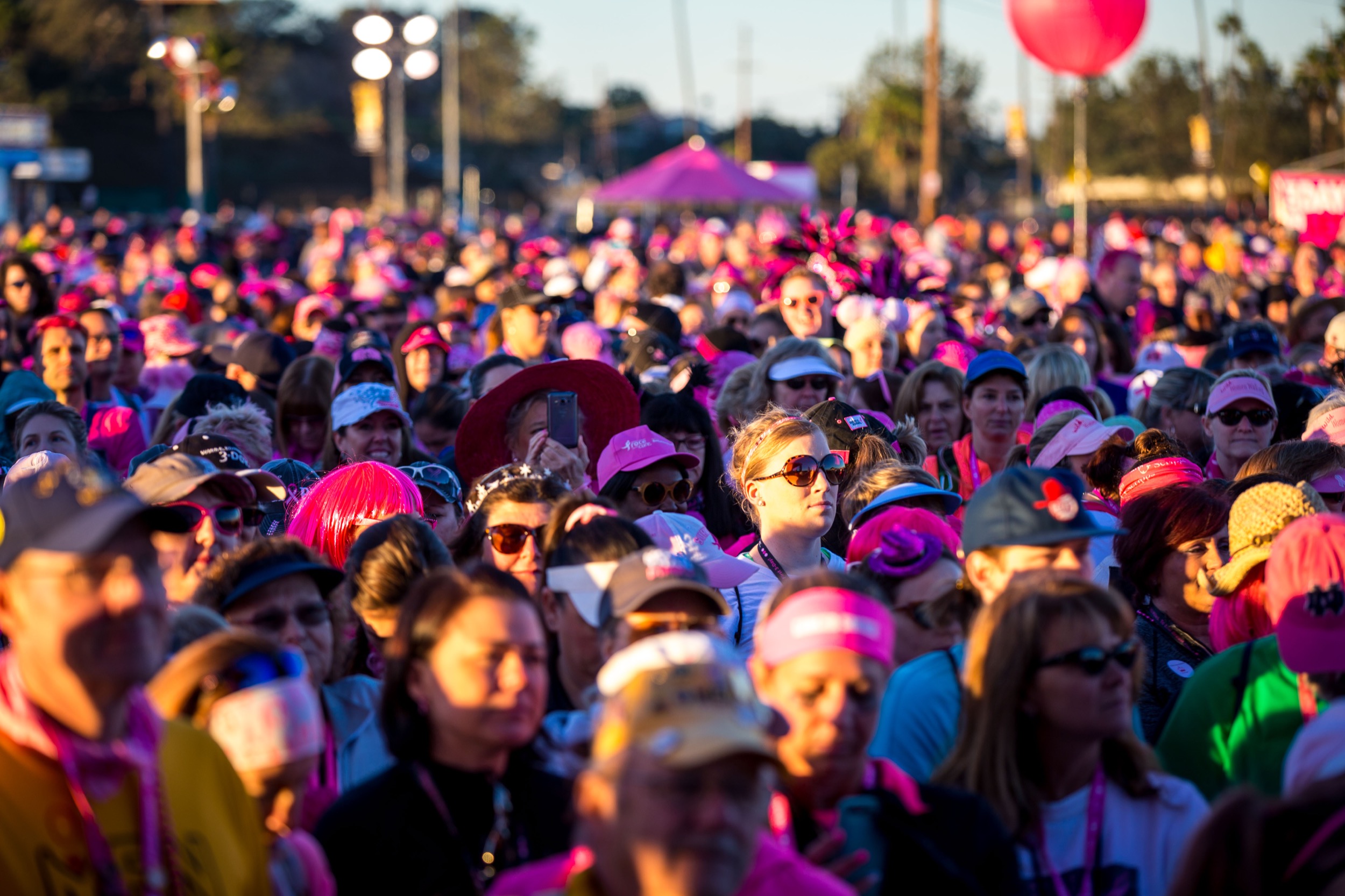
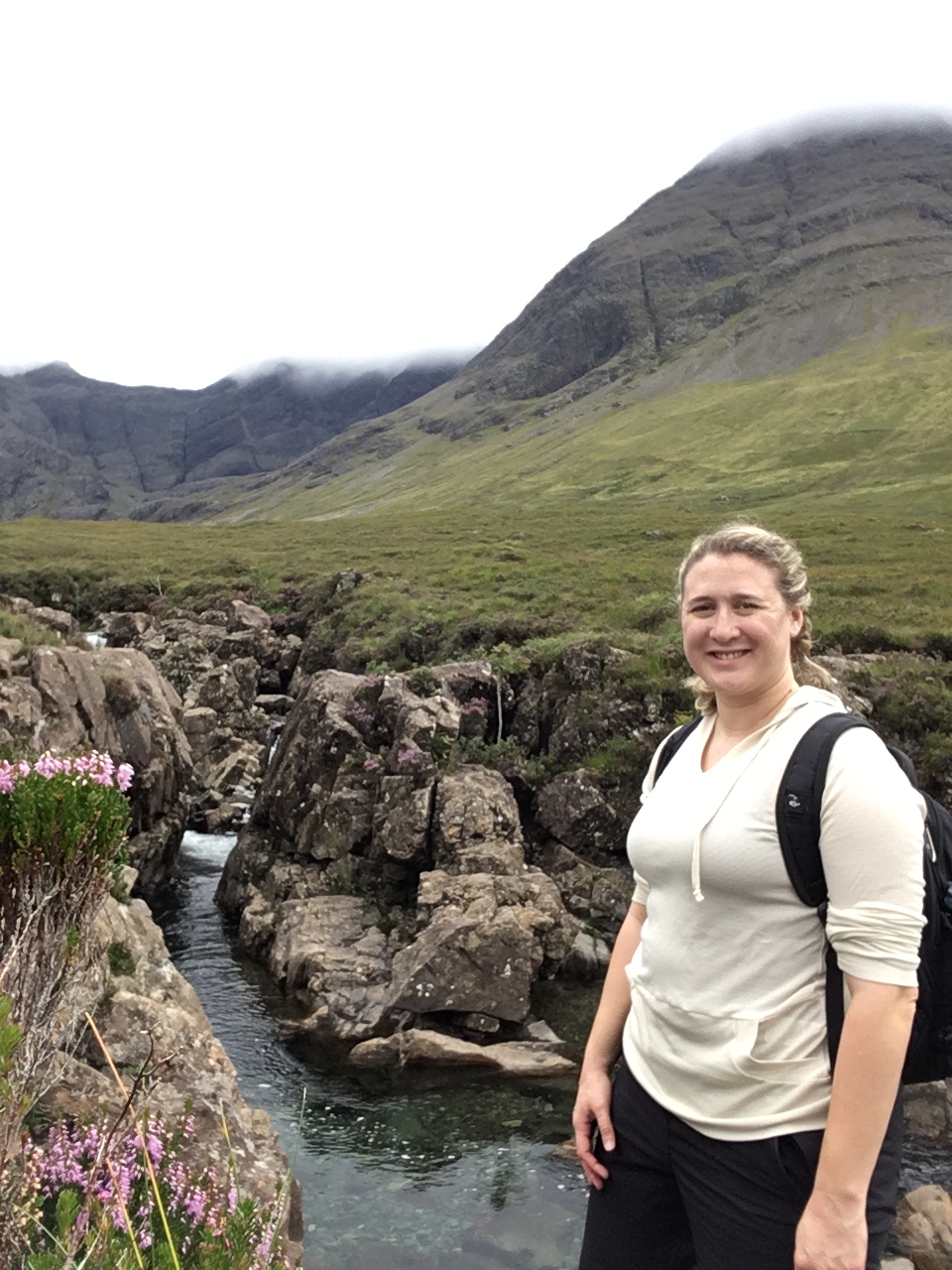
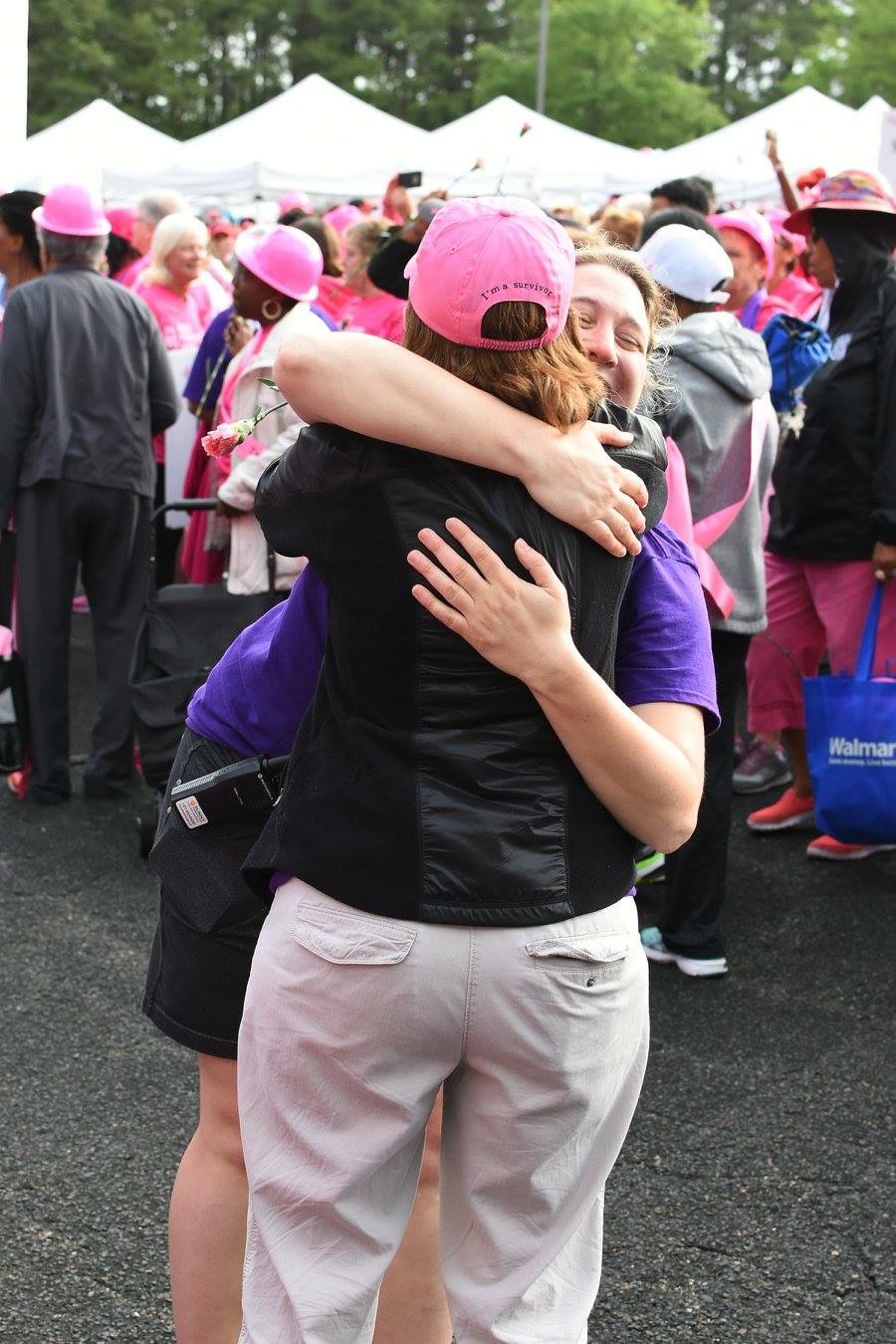
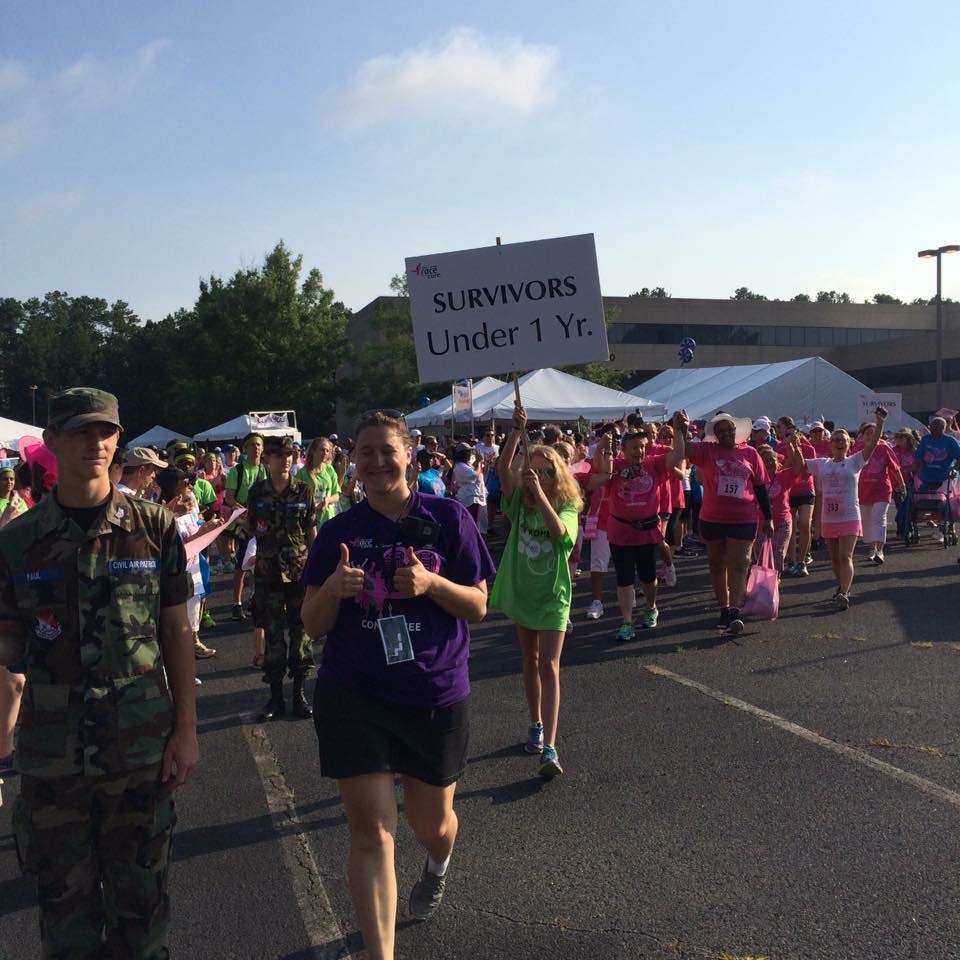
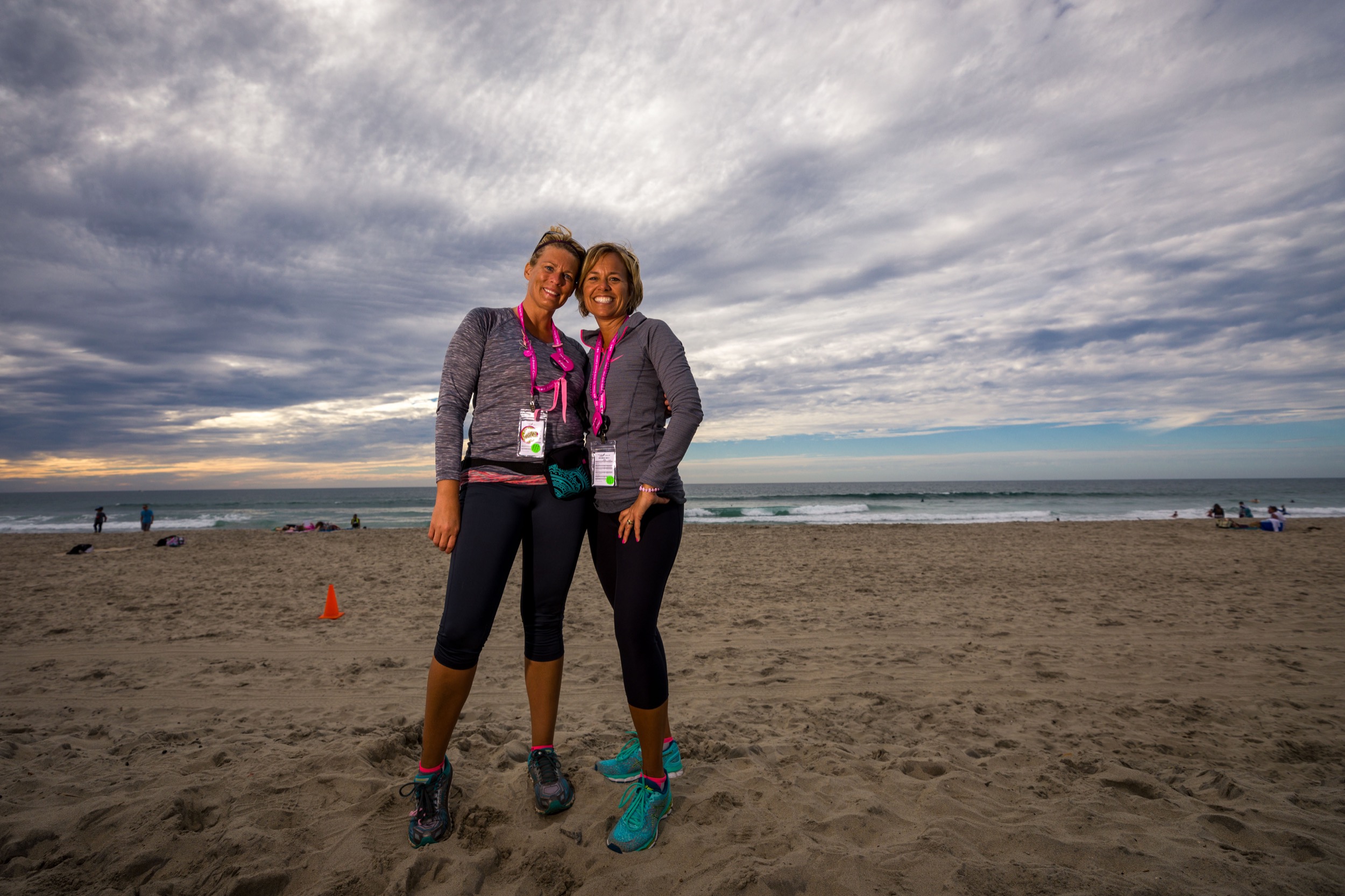
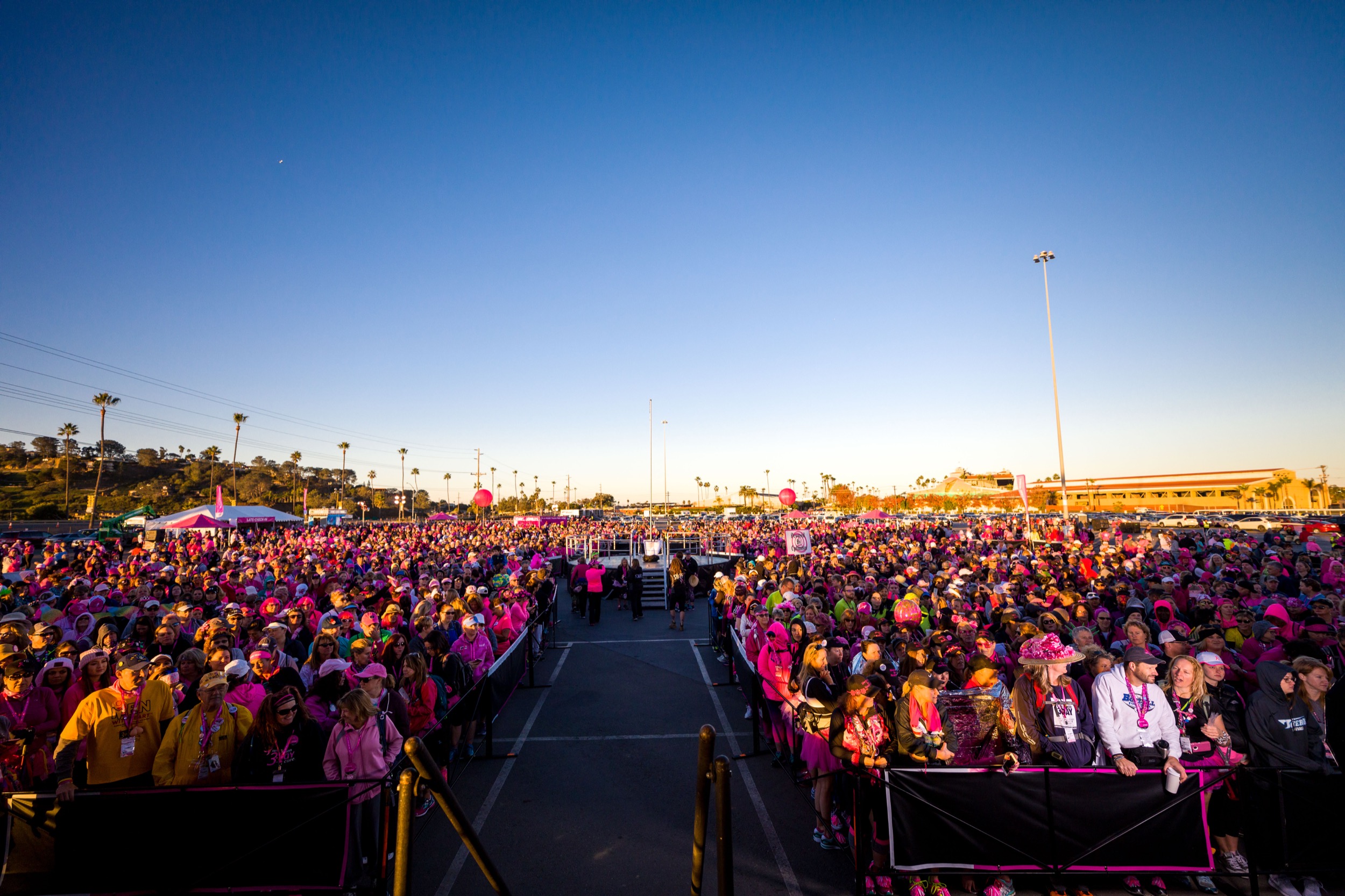
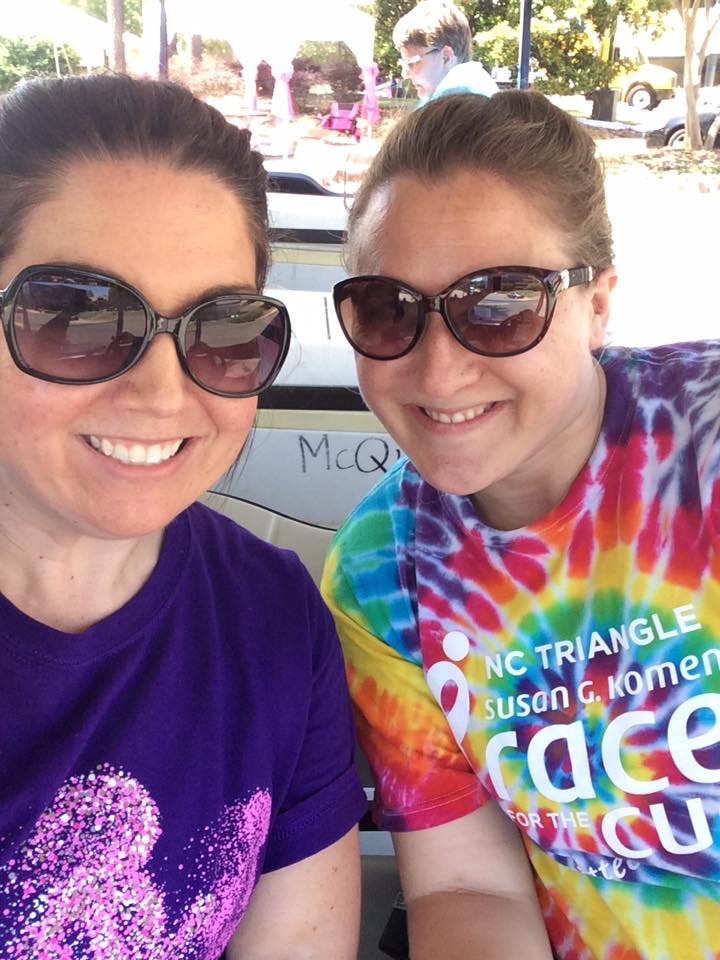
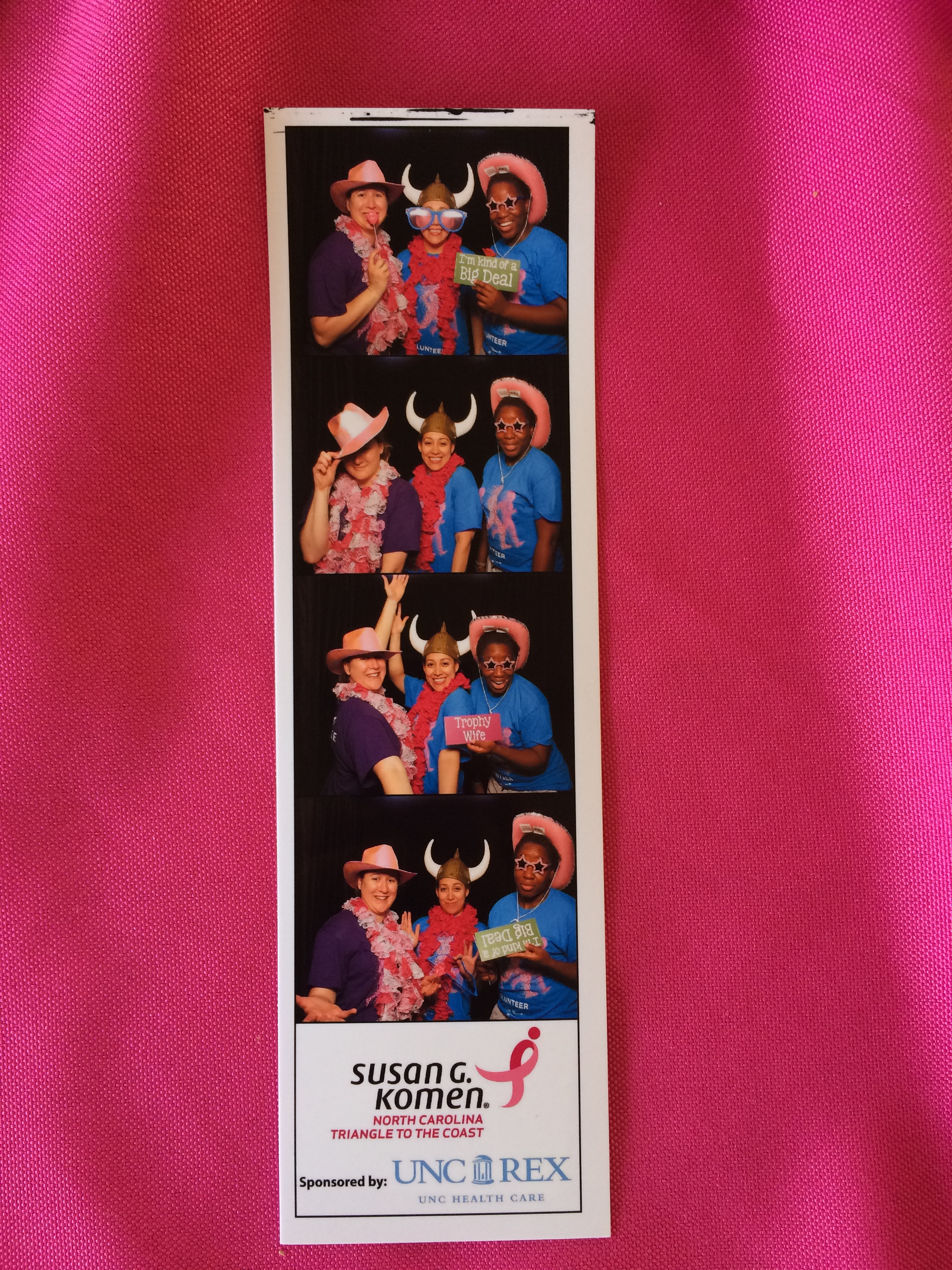
 Opening Ceremonies
Opening Ceremonies
